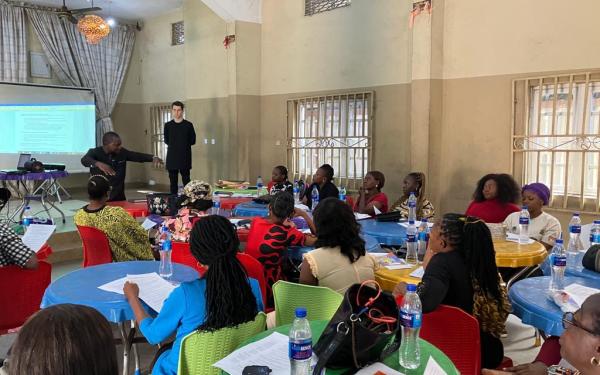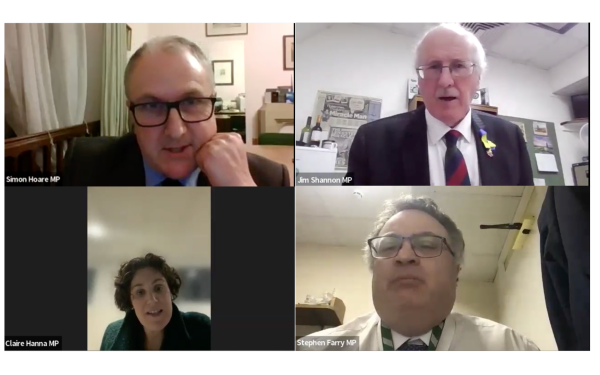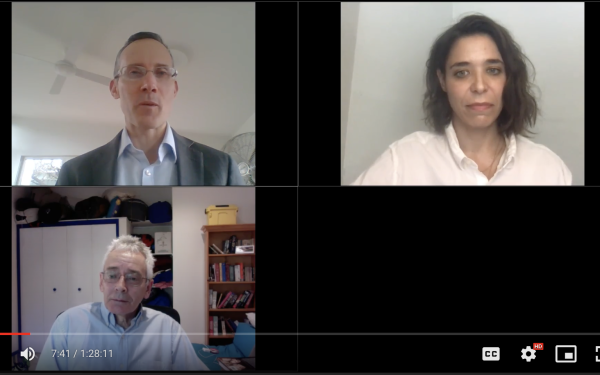IDEA’s international initiatives adapt our democratic engagement tools to meet the needs of diverse nations and political systems. Our work spans multiple continents and focuses on connecting citizens with policymakers to strengthen democratic processes.
In Nigeria, we adapted our Deliberative Town Hall (DTH) Toolkit to a context with lower internet access and varying literacy rates, exploring how these events could function in a dynamic, rapidly growing nation. We have also partnered with the U.K. Parliament, conducting two town halls with Select Committees to understand how DTHs can impact a parliamentary context. The first focused on updating the Good Friday Agreement, while the second addressed policing reform.
Additionally, our work extends to Europe and Latin America. Through EUComMeet, we experiment with embedding deliberative practices within the European Union to help reduce polarization and narrow the gap between policymakers and citizens. In Chile, we partnered with Fundación Piensa to test the DTH model during the drafting of a new constitution, allowing citizens and Constitutional Council Members to deliberate on pension reform and social rights.
Finally, we lead the Global Innovations in Democracy (GID) Parliamentary Exchange, a global forum that brings together legislators and experts to discuss innovative methods for building trust and public support for policy. This initiative highlights our broader commitment to advancing democratic practices worldwide.




